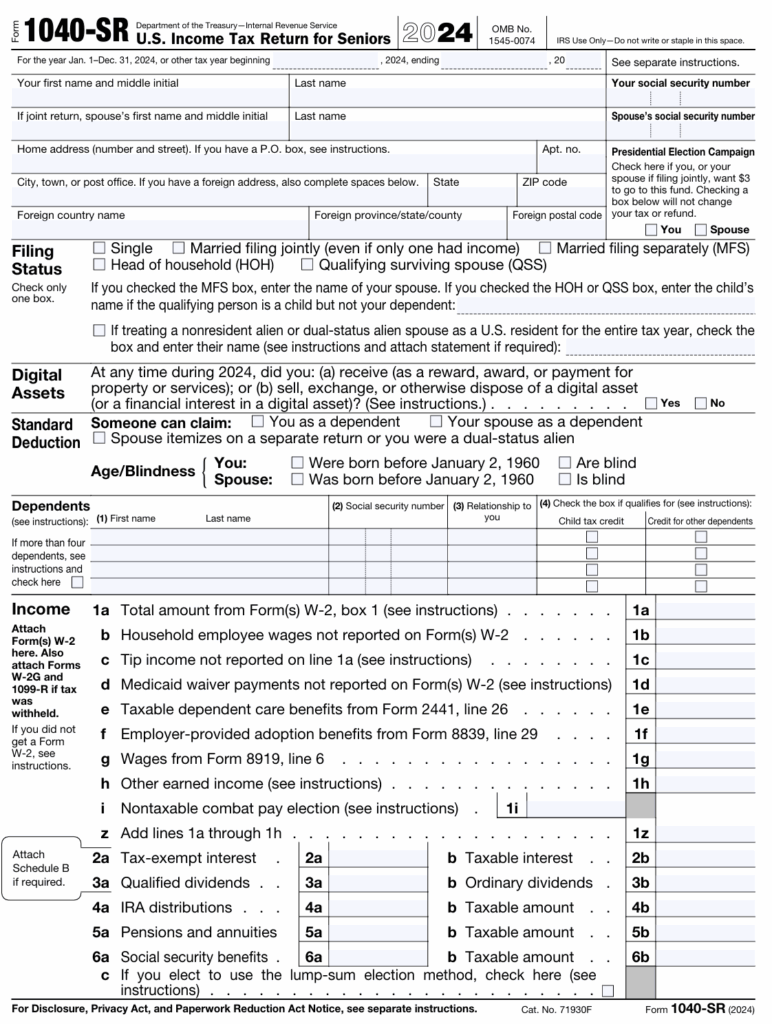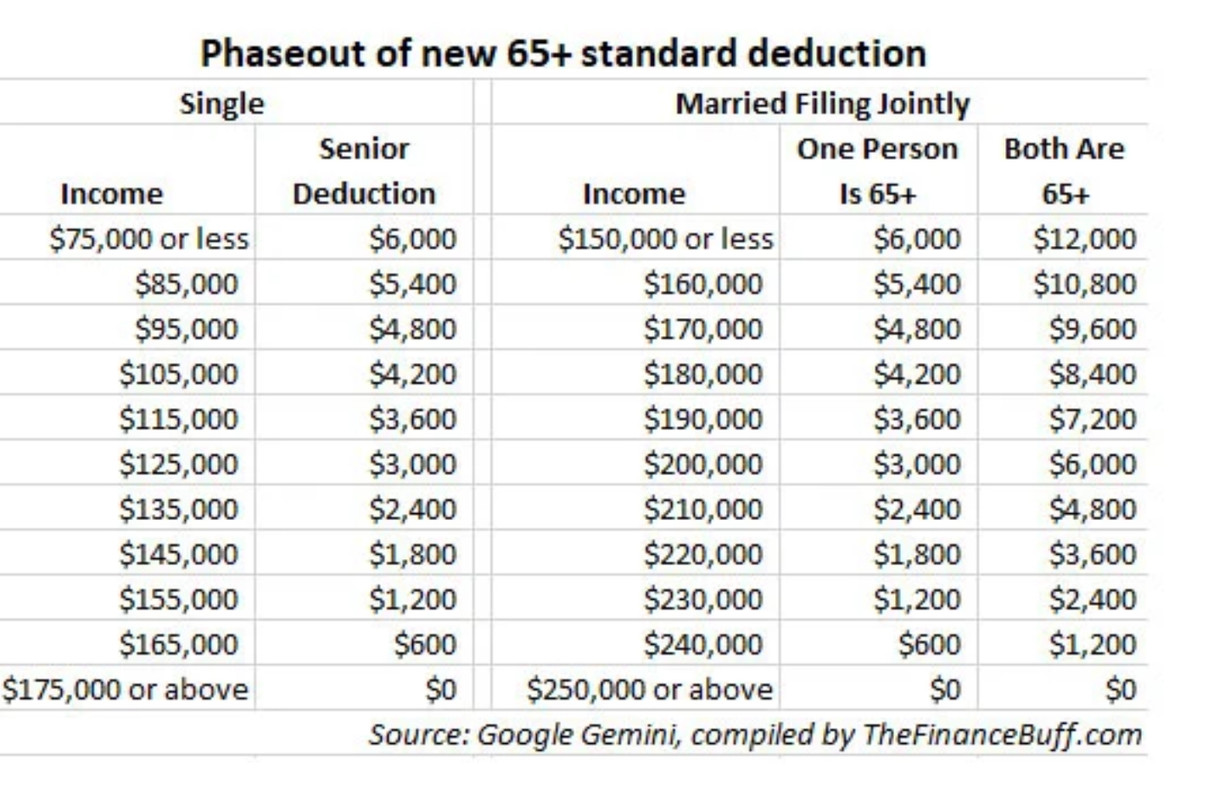The Foreign Earned Earnings Exemption Explained: An Overview to Enhancing Your Common Reduction
The Foreign Earned Revenue Exclusion (FEIE) is a crucial tax obligation arrangement for U.S. residents and resident aliens living abroad. It permits qualified expatriates to exclude a significant portion of their foreign-earned revenue from federal taxes. Comprehending the subtleties of FEIE can lead to significant tax obligation cost savings. Numerous people ignore crucial details that could impact their eligibility and advantages. Checking out these aspects may disclose opportunities for enhanced tax obligation results.
Recognizing the Foreign Earned Revenue Exclusion
Several expatriates look for opportunities abroad, comprehending the Foreign Earned Earnings Exemption (FEIE) is necessary for managing their tax commitments. This provision enables U.S. people and resident aliens living overseas to omit a certain quantity of their earned income from government taxation. The FEIE was established to alleviate the tax obligation burden on people that stay outside the United States, acknowledging the special monetary obstacles they might encounter.

Qualification Demands for FEIE

Exactly how to Declare the FEIE
To effectively declare the Foreign Earned Income Exclusion (FEIE), taxpayers must initially confirm their qualification based on particular standards - FEIE Standard Deduction. The process involves several steps, including submitting the appropriate types and supplying necessary documents. Recognizing these treatments and requirements is essential for maximizing tax obligation advantages while living abroad
Eligibility Needs
Eligibility for the Foreign Earned Revenue Exclusion (FEIE) pivots on meeting details criteria set by the internal revenue service. To qualify, people need to be united state citizens or resident aliens that make revenue while functioning abroad. They require to establish a foreign tax obligation home, which indicates their major business is outside the USA. Additionally, applicants need to fulfill either the Authentic Home Examination or the Physical Visibility Test. The Bona Fide Residence Examination requires that a taxpayer resides in an international country for a whole tax year, while the Physical Presence Examination necessitates costs at the very least 330 full days in a foreign country throughout a 12-month period. Meeting these demands is essential for claiming the FEIE.
Filing Process Actions
Just how can one properly navigate the procedure of claiming the Foreign Earned Income Exemption (FEIE)? Initially, individuals need to determine their eligibility based upon the physical presence test or the bona fide residence test. Once verified, they ought to complete IRS Type 2555, which information foreign income and residency. This form must be attached to their yearly income tax return, normally Type 1040. It is vital to properly report all international made revenue and warranty conformity with the internal revenue service guidelines. In addition, taxpayers ought to maintain correct paperwork, such as foreign income tax return and evidence of residency. By adhering to these actions, individuals can efficiently assert the FEIE and possibly decrease their gross income substantially, enhancing their overall monetary placement.
Determining Your International Earned Revenue Exemption
While numerous migrants seek to maximize their economic benefits abroad, recognizing the estimation of the Foreign Earned Earnings Exclusion is necessary for exact tax reporting. The Foreign Earned Earnings Exclusion enables certifying individuals to leave out a specific amount of their international earnings from united state taxes, which is changed annually for rising cost of living. To determine this exemption, expatriates should establish their total foreign made revenue, which typically consists of earnings, wages, and professional costs gained while living in an international country.
Next, they must complete IRS Kind 2555, providing details concerning their foreign residency and job status. FEIE Standard Deduction. It's vital to satisfy either the bona fide home examination or the physical visibility examination to get approved for the exclusion. As soon as these elements are established, the maximum permitted exclusion quantity is applied, decreasing the individual's gross income significantly. Exact calculations can result in significant tax obligation savings for expatriates living and working abroad
The Impact of FEIE on Various Other Tax Obligation Advantages
The Foreign Earned Income Exclusion (FEIE) can influence a person's eligibility for certain tax benefits, consisting of the basic deduction. By omitting international made income, taxpayers might find their adjusted gross earnings impacted, which in turn can affect their qualification for different tax obligation credit histories. Comprehending these communications is crucial for maximizing tax obligation end results while living abroad.
Interaction With Standard Reduction
When individuals receive the Foreign Earned Earnings Exemption (FEIE), their qualification for the standard deduction may be impacted, possibly changing their total tax obligation liability. The FEIE allows taxpayers to omit a specific quantity of earned earnings from united state taxation, which can cause a minimized gross income. Because of this, if the left out earnings exceeds the common deduction, it can diminish the benefit of asserting that reduction. In addition, helpful hints taxpayers who utilize the FEIE may locate that their capability to itemize deductions is likewise influenced, as certain costs might be influenced by the exclusion. Understanding this communication is vital for expatriates to maximize their tax obligation benefits while guaranteeing conformity with united state tax obligation regulations
Qualification for Tax Credit Histories
Steering via the intricacies of tax credit reports can be challenging for migrants, specifically because the Foreign Earned Income Exclusion (FEIE) can substantially impact eligibility for these advantages. The FEIE enables qualified individuals to exclude a considerable portion of their foreign incomes from U.S. taxation, however this exemption can also influence access to different tax obligation credit scores. For example, taxpayers that utilize the FEIE might find themselves disqualified for credit scores like the Earned Income Tax Debt (EITC), as these credits normally require taxable earnings. Additionally, the exclusion might restrict the capacity to claim specific reductions or credit scores connected with dependents. Recognizing the interplay between the FEIE and offered tax credit histories is crucial for expatriates aiming to enhance their tax obligation scenario.

Common Mistakes to Stay Clear Of When Claiming FEIE
Frequently, expatriates experience numerous mistakes while claiming the Foreign Earned Earnings Exemption (FEIE), which can result in pricey errors or missed out on opportunities. One frequent error is falling short to meet the physical existence or authentic residence examination, which is essential for eligibility. In addition, migrants usually forget the need to file Type 2555 correctly, resulting in insufficient or inaccurate submissions.
Another typical mistake involves incorrectly computing international gained income, as numerous do not account for all relevant earnings resources. Some migrants wrongly presume they can omit all their revenue, not aware of the limitations on the exclusion amount. Disregarding to maintain proper paperwork, such as travel days and residency status, can jeopardize a claim. Lastly, misconstruing the effects of the FEIE on various other tax obligation debts might cause unintentional tax obligation responsibilities. Recognition of these risks can help with a smoother claiming procedure and make best use of possible advantages.
Resources for Expats Navigating United State Taxes
Maneuvering united state tax commitments can be testing for expatriates, specifically after experiencing mistakes in claiming the Foreign Earned Income Exemption (FEIE) To help browse these complexities, a selection of resources are readily available. The IRS internet site supplies extensive details on tax obligation laws, faqs, and kinds specifically customized for migrants. In addition, organizations like the American People Abroad (ACA) and the Deportee Tax obligation Professionals offer guidance and assistance to guarantee conformity with tax obligation legislations.
On the internet forums and communities, such as the Expat Forum, permit migrants to share experiences and insights, promoting a helpful setting for those encountering comparable challenges. Additionally, tax obligation prep work software application, like copyright and H&R Block, typically consists of functions developed for expats, making the filing procedure a lot more easy to use. Engaging with these resources can encourage expatriates to better recognize their tax obligations and optimize advantages like the FEIE.
Regularly Asked Questions
Can I Declare FEIE if I'M Independent Abroad?
Yes, self-employed people abroad can claim the Foreign Earned Earnings Exemption (FEIE) To certify, they must meet particular needs pertaining to residency and revenue, guaranteeing they comply with IRS guidelines for expatriates.

Is the FEIE Applicable to Foreign Pensions?
The Foreign Earned Revenue Exemption (FEIE) is not suitable to international pension plans. Pensions are taken into consideration unearned revenue and do not receive the exclusion, which specifically relates to made revenue from work or self-employment abroad.
What Takes place if I Go Back To the United State Mid-Year?
If a private returns to the U.S. mid-year, they might require to readjust their tax circumstance. Their qualification for sure deductions and exemptions, including the Foreign Earned Income Exemption, can Extra resources be affected by their residency condition.
Can FEIE Be Reported With Various Other Reductions?
Yes, the Foreign Earned Earnings Exemption (FEIE) can be declared along with various other deductions. Nonetheless, treatment needs to be taken to assure appropriate conformity with tax guidelines, as particular restrictions may use based on specific circumstances.
Exactly How Does FEIE Affect State Tax Obligation Obligations?
The Foreign Earned Income Exemption can reduce a taxpayer's government revenue tax obligation responsibility, however it does not instantly impact state tax obligation responsibilities, which vary by state and may still need coverage of foreign revenue.
Numerous expatriates look for chances abroad, comprehending the Foreign Earned click to read more Revenue Exclusion (FEIE) is vital for handling their tax responsibilities. By leaving out international earned income, taxpayers may discover their modified gross income impacted, which in turn can affect their qualification for various tax obligation credit reports. Guiding with the intricacies of tax obligation credit histories can be testing for migrants, especially since the Foreign Earned Revenue Exemption (FEIE) can substantially influence eligibility for these benefits. Taxpayers who utilize the FEIE may find themselves ineligible for credit ratings like the Earned Income Tax Credit Scores (EITC), as these debts generally require taxable income. Navigating U.S. tax obligations can be testing for migrants, specifically after running into mistakes in declaring the Foreign Earned Earnings Exemption (FEIE)